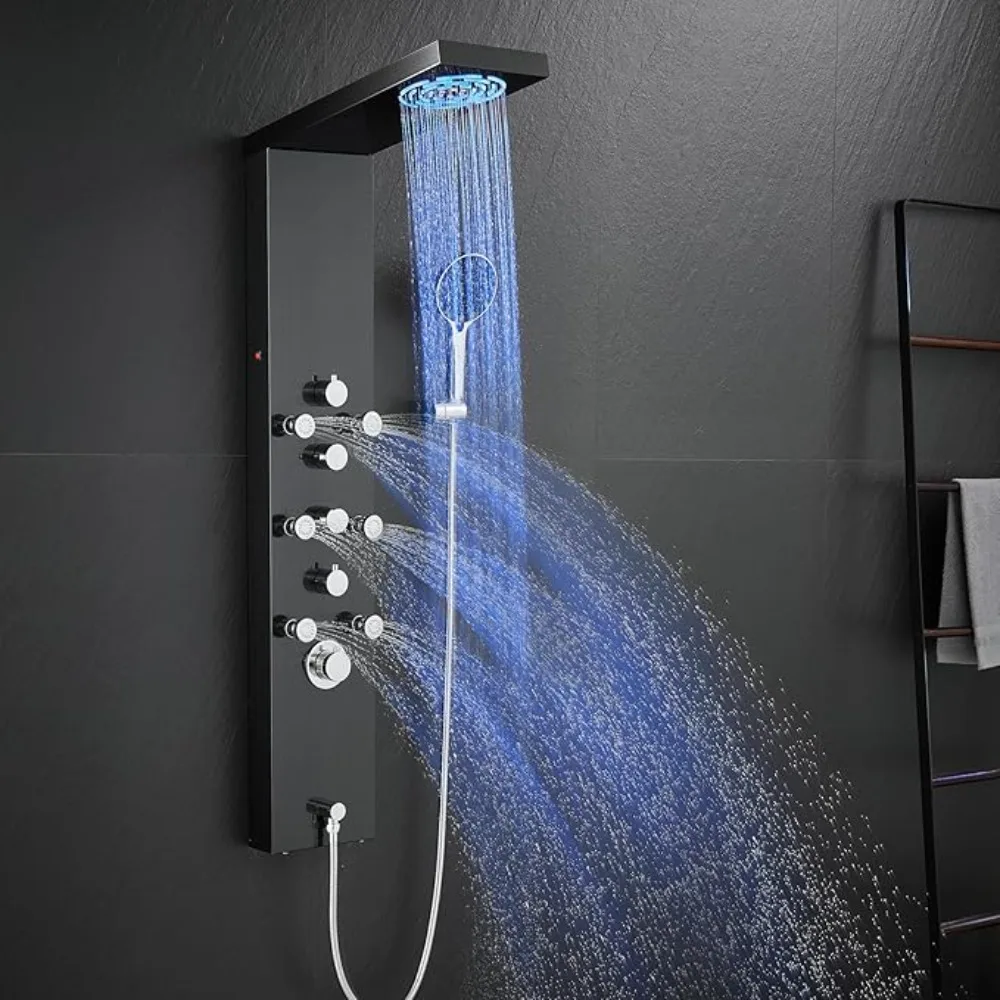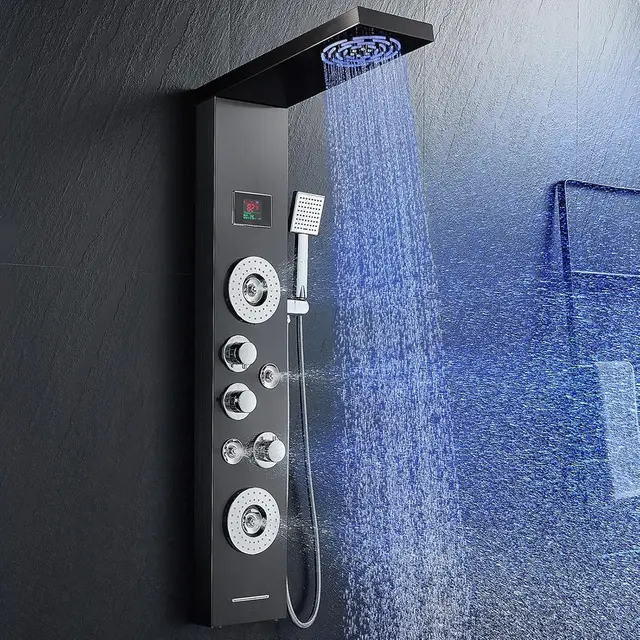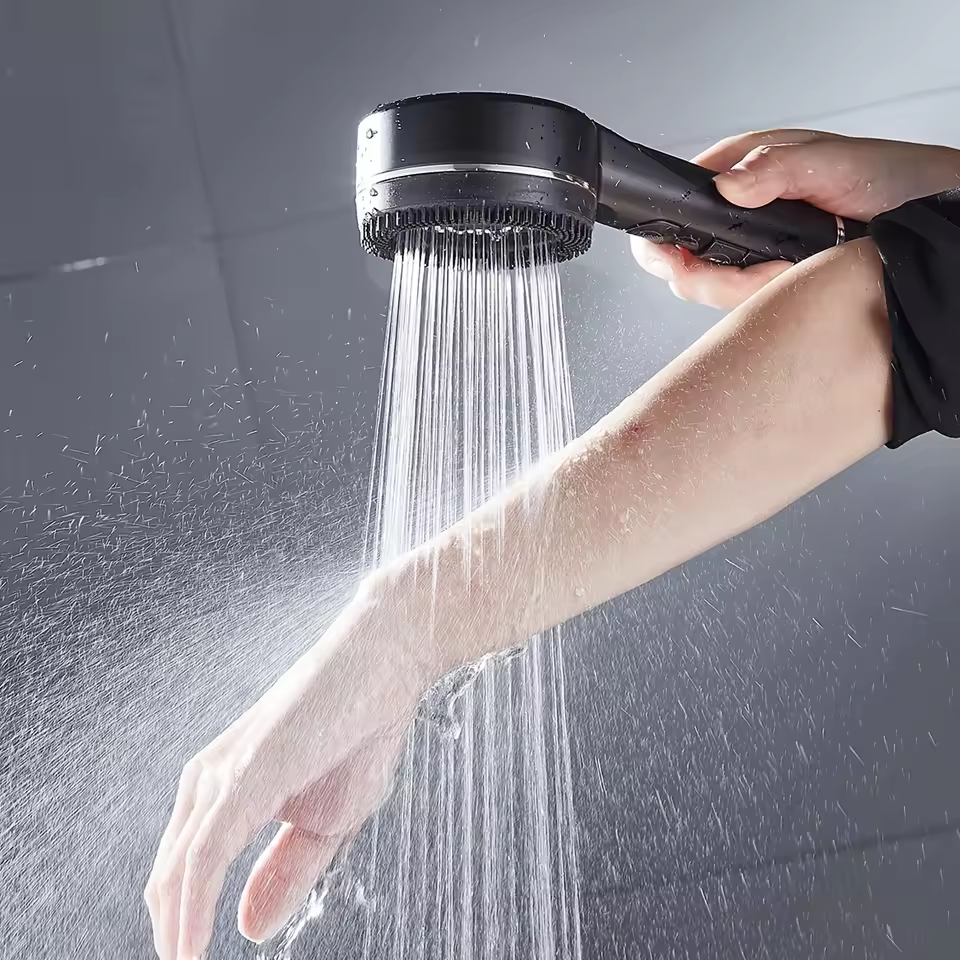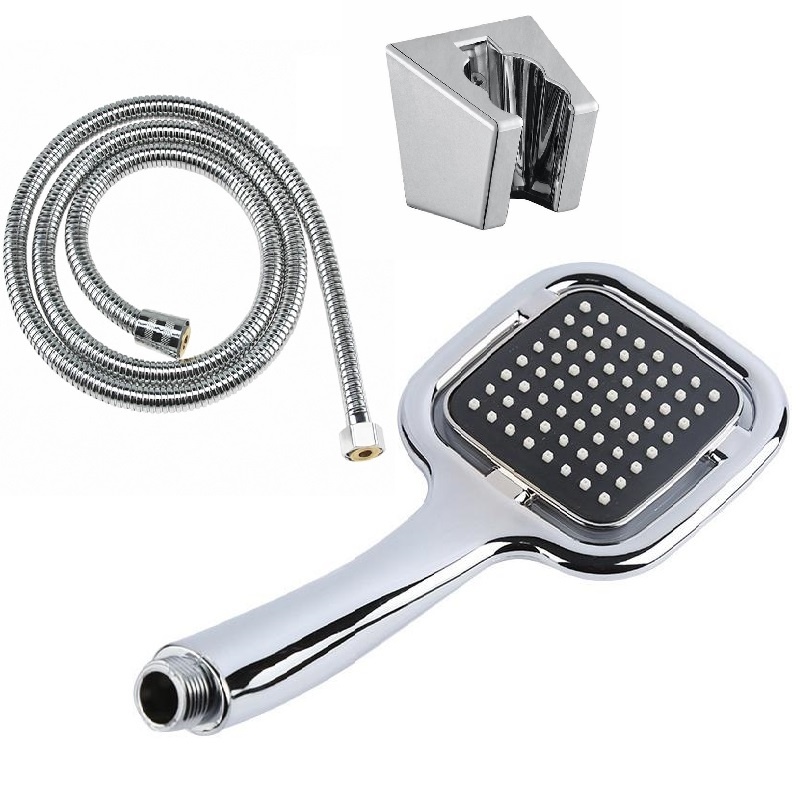Introduction
Not taking a shower for a week can have various effects on your body and well-being. While everyone has different hygiene practices, this article explores what happens if you don’t take a shower for a week. From skin issues to social implications, skipping showers can impact both your physical and mental health.

The Immediate Effects on Your Skin
Accumulation of Dirt and Oil
When you skip showers, your skin begins to accumulate dirt and oil. Each day, your body produces natural oils called sebum. This oil helps protect your skin, but it can also make it feel greasy if not washed away. Dust, sweat, and environmental pollutants mix with this oil. After a week, this combination results in a thick layer of grime that clogs pores. Clogged pores can lead to acne breakouts or other skin irritations.
Sweat also plays a significant role in how our skin feels and smells. When you don’t shower, sweat accumulates on the skin’s surface. This sweat contains bacteria that feed on the oils and dead skin cells. As bacteria multiply, they produce waste products, leading to unpleasant odors. This odor can become increasingly noticeable over a week.
Increase in Skin Conditions
What happens if you don’t take a shower for a week? Without regular washing, existing skin conditions may worsen. For example, eczema can flare up due to the buildup of sweat and oils. This buildup can cause irritation and discomfort. Similarly, people with oily skin may find their skin becomes excessively shiny and prone to breakouts. The lack of cleansing can trigger inflammation and redness.
Dry skin may also suffer from the absence of showers. While oil buildup can cause greasiness, it can also trap dead skin cells. This trapping prevents the skin from shedding naturally. Over time, this leads to flaky skin. When the skin cannot breathe, it may crack or become itchy.
The Impact on Body Odor
Bacterial Growth
One of the most immediate consequences of not showering is body odor. Your body has areas with a high concentration of sweat glands, such as underarms and groin. When sweat mixes with bacteria on your skin, it can produce strong odors. Without showering, these bacteria thrive, leading to increased smell.
What happens if you don’t take a shower for a week? The odor may not only be limited to these areas. As sweat continues to accumulate, it spreads across your body. This can lead to a general body odor that permeates your clothes. The scent can become quite strong, making it challenging to be around others.
Social Implications
Socially, body odor can create discomfort. People may avoid close contact or steer clear of you altogether. This avoidance can lead to feelings of isolation or embarrassment. If you are in a work environment or attending social events, body odor can affect your interactions. Colleagues or friends might comment, or you may sense their discomfort.
In many cultures, personal hygiene is linked to social acceptance. Not showering can lead to judgment from peers. What happens if you don’t take a shower for a week? You might find yourself in awkward situations, needing to explain your lack of hygiene. These experiences can lead to anxiety and self-consciousness.
Effects on Hair Health
Greasy and Unkempt Appearance
Your hair also suffers when you skip showers. Just like your skin, your scalp produces oils. What happens if you don’t take a shower for a week? If you don’t wash your hair, these oils build up. Over a week, your hair can look greasy and unkempt. This change can affect your confidence. You may feel less inclined to style your hair or engage in social activities.
A greasy scalp can also lead to dandruff. Dead skin cells accumulate along with oil, causing flaking. These flakes can fall onto your shoulders, adding to the unappealing appearance. It can create a cycle of embarrassment, making you more conscious of your overall hygiene.

Scalp Conditions
What happens if you don’t take a shower for a week? Moreover, not washing your hair can lead to scalp issues. Conditions such as seborrheic dermatitis may worsen without regular cleansing. This condition causes red, scaly patches and can be itchy. If left untreated, it can become quite uncomfortable. A lack of proper care can also exacerbate fungal infections on the scalp.
Hair health is important for many people. When you neglect your hair, it can affect your self-image. You may feel less confident in both personal and professional settings. Maintaining clean hair is essential for overall well-being.
Mental and Emotional Effects
Decline in Mood
Skipping showers impacts not just your body but also your mind. Personal hygiene is often linked to mental health. When you feel clean, you tend to feel better about yourself. Conversely, going without a shower for a week can lead to feelings of low self-esteem. You may find yourself feeling sluggish or unmotivated.
This decline in mood can create a vicious cycle. Low self-esteem makes it harder to engage in self-care. When you feel down, the idea of showering may seem daunting. As days pass, this can lead to further neglect of personal hygiene.
Anxiety and Isolation
Additionally, the fear of being judged by others can cause anxiety. You may avoid social situations to escape potential embarrassment. This avoidance can lead to feelings of isolation. If you skip showers because of stress or depression, it may worsen those feelings.
Engaging in self-care, including regular showers, is vital for mental health. It can uplift your mood and improve self-image. Taking care of your body sends a message that you value yourself. When you neglect personal hygiene, it can contribute to a downward spiral in mental well-being.
Health Risks Associated with Poor Hygiene
Increased Risk of Infections
Going a week without showering increases your risk of infections. Bacteria thrive in warm, moist environments. Areas like your armpits and groin are prime locations for bacterial growth. When not washed regularly, these bacteria can lead to skin infections.
Fungal infections are another risk. Conditions such as athlete’s foot or ringworm can develop when feet are not washed. These infections can spread quickly and cause discomfort. You may notice itching, redness, or even blisters.
Compromised Immune System
A lack of hygiene can also compromise your immune system. When bacteria proliferate on your skin, it can overwhelm your body’s defenses. If you have open wounds or cuts, the risk of infection increases significantly. This situation can lead to more serious health concerns requiring medical attention.
Infections can divert your body’s resources, making it harder to fight off other illnesses. Maintaining good hygiene supports your immune system. Regular showers help keep harmful bacteria at bay, promoting overall health.
Practical Tips for Maintaining Hygiene
Establish a Routine
Creating a consistent showering schedule can help you maintain good hygiene. Aim to shower daily or every other day, depending on your lifestyle and activity level. Establishing a routine makes it easier to remember and prioritize personal care.
Use Gentle Cleansers
When you do shower, use gentle cleansers that suit your skin type. Avoid harsh soaps that can strip your skin of natural oils. Look for products labeled as hydrating or moisturizing, especially if you have dry or sensitive skin.
Pay Attention to Problem Areas
Focus on areas where sweat and bacteria accumulate, such as:
- Underarms: Use a deodorant or antiperspirant to control odor.
- Feet: Wash thoroughly to prevent fungal infections; consider using foot powder.
- Groin Area: Ensure proper cleansing to reduce the risk of irritation or infections.
Moisturize After Showering
What happens if you don’t take a shower for a week? Applying moisturizer after showering helps keep your skin hydrated. This is especially important if you have dry skin or live in a dry climate. Choose a lotion or cream that suits your skin type for optimal results.

Maintain Hair Care
In addition to showering, make sure to wash your hair regularly based on your hair type. Oily hair may require more frequent washing, while dry or curly hair may benefit from less frequent cleansing. Use a suitable shampoo and conditioner to keep your hair healthy and manageable.
Benefits of Good Hygiene Practices
Improved Physical Health
Regular hygiene practices reduce the risk of skin infections, body odor, and other health issues. By keeping your skin clean, you support its natural barrier function, helping to protect against harmful bacteria and pathogens.
Enhanced Mental Well-being
Maintaining good hygiene has significant positive effects on mental health. Feeling clean can boost your mood and self-esteem, making you more confident in social situations. This confidence can lead to better interactions with others and improved overall well-being.
Increased Social Acceptance
Good hygiene is often linked to social norms and acceptance. By prioritizing personal care, you increase your chances of feeling comfortable in social settings. It allows you to engage with others without the fear of judgment related to body odor or appearance.
Better Sleep Quality
A warm shower before bed can help relax your muscles and prepare your body for sleep. The act of cleansing can signal to your brain that it’s time to wind down, promoting a more restful night’s sleep.
Conclusion: The Importance of Regular Hygiene
In summary, not showering for a week can have several negative consequences. These range from physical issues like skin irritations and body odor to emotional challenges such as decreased self-esteem and increased anxiety. The importance of regular hygiene cannot be overstated. It affects not just your physical health but also your mental well-being.
Taking a shower regularly helps maintain your skin, hair, and overall health. It promotes confidence and allows you to engage comfortably in social situations. If you find yourself struggling with hygiene, consider reaching out for support. Small changes can make a big difference in how you feel about yourself and your interactions with others.
By prioritizing personal hygiene, you invest in your health and happiness. Taking care of your body sends a powerful message: you matter.


